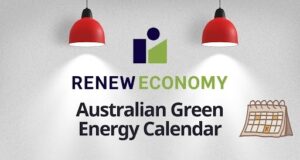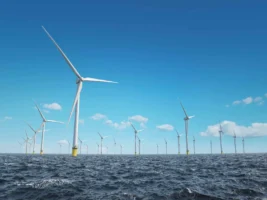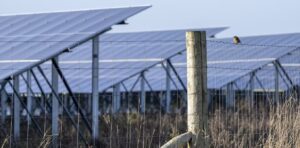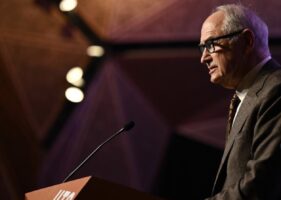With the future of ARENA hanging in the balance, the federal government has announced the establishment of a new early age investment vehicle that will focus on unearthing and financing emerging innovations and start-ups in clean energy – the first investment of the re-badged Clean Energy Innovation Fund using old monies.

The $20 million Clean Energy Seed Fund will be managed by Artesian Venture Partners, with a focus on backing clean energy sub-sectors including the internet of things, battery storage, biofuels and metering and control.
It includes a $10 million cornerstone commitment from the $1 billion CEIF, which it hopes to match with additional private sector equity investment of up to $10 million.
According to a joint statement from the CEFC and Artesian Venture Partners released on Friday, the fund will also draw on finance and skills from the Clean Energy Finance Corporation (CEFC) and the Australian Renewable Energy Agency.
Its aim is to invest at seed, angel and later stage follow on rounds in 30 to 50 startups over a four to five-year investment period. It also hopes to provide “pull-model” venture capital support to encourage greater investment and participation in early-stage cleantech sector and co-investment from a wide range of investors, including high net worth individuals, angel investors, venture capital firms, corporates and institutions.
The timing – and mandate – of the new fund is interesting, given the Senate is expected to vote next week on funding cuts to ARENA – the Agency the Gillard government set up in 2012 to invest in early-stage clean energy technology and R&D using grant-based funding.
The Coalition is seeking to remove $1 billion in funds from ARENA as part of its omnibus budget repair package, and is calling on Labor to approve the move because that is what Labor brought to the table in its budget commitments during the election campaign.
As we reported yesterday Labor has been trying to duck and weave on the issue, despite increased warnings that stripping ARENA of funds will kill R&D in Australia, and create a big “valley of death” that will force new technologies and start-up companies overseas.
The federal government’s environment and energy minister Josh Frydenberg, meanwhile, has claimed that the $1 billion in grant funding for ARENA will be transferred to the new Clean Energy Innovation Fund. “It’s gone from being a grant program to a loan program,” he told ABC Radio National.
As we explained here, this is stretching the truth. The $1 billion for the CEIF is a transfer of existing funding from the Clean Energy Finance Corp. The $1 billion stripped from the ARENA budget, on the other hand, will simply disappear.
But ARENA appears to be putting on a brave face. In a statement accompanying the announcement of the Clean Energy Seed Fund, ARENA CEO Ivor Frischknecht said the new fund would build on the long history of collaboration between ARENA and the CEFC.
“The new Fund provides us with an additional way to commercialise innovative clean energy projects,” Frischknecht said.
“Going forward, the Clean Energy Innovation Fund is well placed to build on the continuing efforts and complementary skills of ARENA and CEFC to accelerate clean energy solutions, emissions reduction and renewable energy technologies.”
CEFC CEO Oliver Yates said the fund had been designed to appeal to corporate, institutional, high net worth individuals and impact investors looking to gain diversified exposure to Australian clean energy startups.
It is also seeking registration with Innovation Australia as an early stage venture capital (VC) limited partnership (ESVCLP) to provide investors with tax-free returns and will therefore be compliant with the Significant Investor Visa (SIV) Program.
“The Clean Energy Seed Fund is set to play an important role in building a vibrant and sustainable early stage clean energy venture pipeline in Australia,” Yates said on Friday.
“The co-investment fund model employed by Artesian Venture Partners encourages collaboration between a wide range of accelerators, incubators, angel groups and university programs along with the strategic and financial inputs of high net worth individuals, corporate, institutional and impact investors.
“This will ensure CEFC finance can be used to support innovation in energy efficiency, low emissions and renewable energy technologies that fit within our Investment Mandate for clean energy.”










